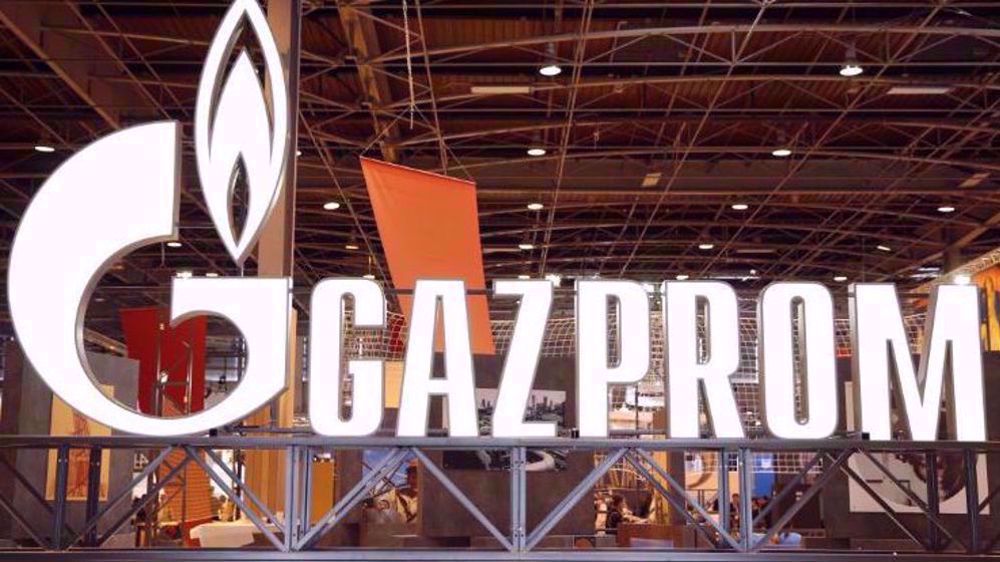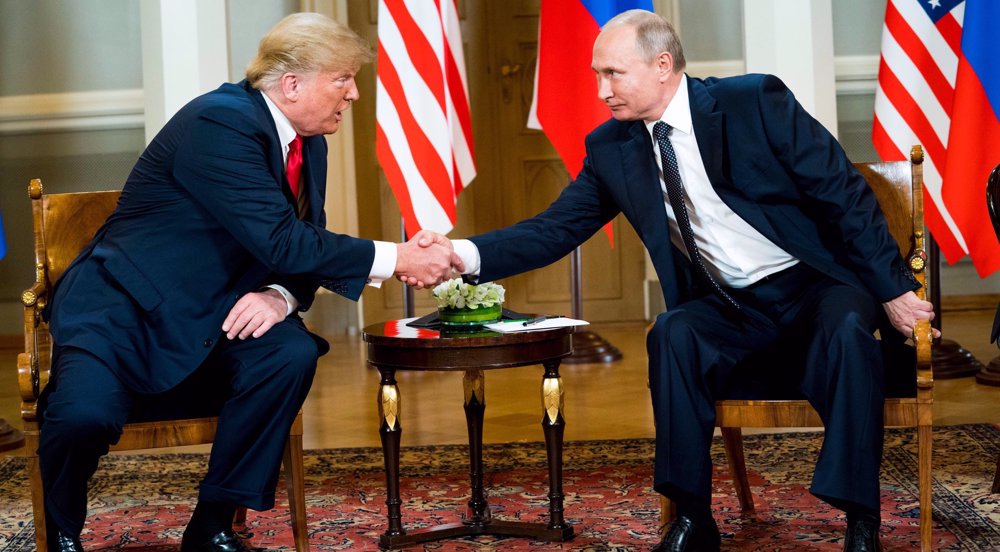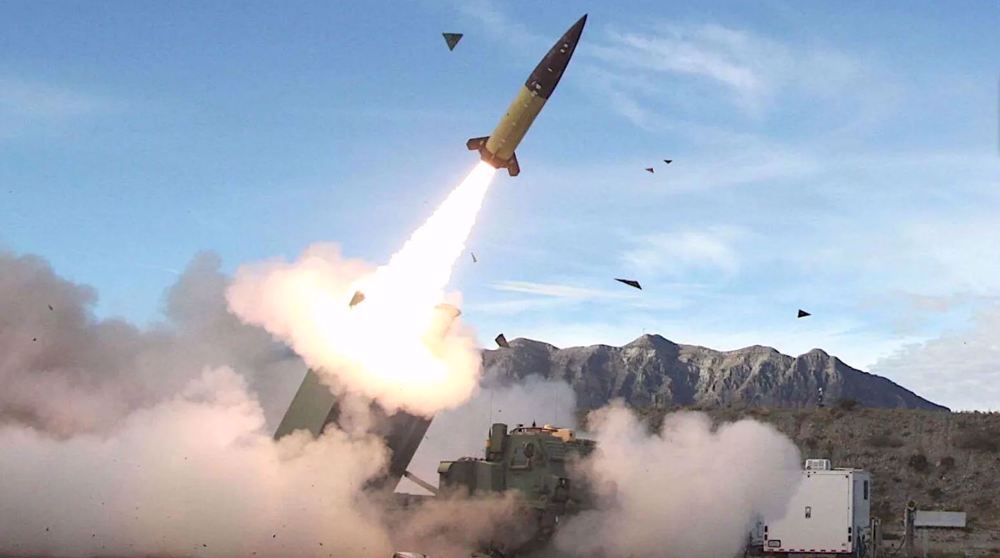Russia plans Crimea military boost to counter NATO
Russia’s envoy to the North Atlantic Treaty Organization (NATO) has announced the country’s plans to expand its military presence in Crimea in response to NATO’s surging activities in Eastern Europe.
"Naturally, we will increase our forces in Crimea because NATO countries have stepped up their activities… in the immediate vicinity of our borders," said Aleksandr Grushko on Friday, further calling on the US to pull out its nuclear weapons deployed in Europe, an RT report says.
The remarks by Grushko came a day after a statement by NATO Secretary General Jens Stoltenberg regarding the Alliance’s plans to further expand its military movements on its eastern European borders with additional air and sea patrols and persisting military drills.
"NATO is the strongest military alliance in the world and we are going to keep NATO strong by adapting," said Stoltenberg.
NATO intends to double its rapid response force in Europe, he said as cited in the report, adding that new command units will also be set up in Latvia, Lithuania, Estonia, Poland, Bulgaria and Romania.
Insisting that Moscow’s military expansion in Crimea falls in line with international treaties, Grushko said, “There is no ban in place prohibiting us to deploy weapons [in Crimea].”
He further pointed to Russia’s optimism that NATO would abandon the policy of “senseless expansion” and that common sense will prevail when the alliance takes up the decision on the membership of Georgia and Ukraine.
“I hope that common sense will ultimately prevail and these dangerous political games, related to the policy of senseless expansion and attempts to use it as leverage, will be put aside and our partners will start treating the situation from the point of view of strengthening European security, which is in everyone’s interest,” he said.
The Russian envoy also criticized Washington’s continued deployment of nuclear arms in Europe, saying there is no reason for the US to keep tactical nuclear weapons in the continent.

Since Russia’s reunion with Crimea and last year’s eruption of the military conflict in Eastern Europe, NATO forces have escalated their military maneuvers along the Russian border, in the Baltic States and Eastern Europe.
This is while the Russian general staff noted in April that there had been an 80-percent surge in NATO training near Russia’s borders in 2014.
Russia’s Defense Minister Sergey Shoigu further stated in March that its military put together nearly 100 units and organizations in Crimea last year as part of the plan to deploy a self-sufficient group of forces at the peninsula after it rejoined Russia in the spring of 2014.
MFB/NN/HRB
Trump prosecutor resigns from US Justice Dept.
Israel ‘buying time to press ahead with ‘ethnic cleansing’ of Palestinians
VIDEO | Shifting sands of geopolitics
US, UK, Israeli strikes on Yemen pose grave threat to regional peace: Iran
Iran’s foreign minister appoints special envoy for Syria
Expert says TikTok paying a price for not being pro-Israel
VIDEO | How Israel’s brutality in Gaza is shaping generational consciousness
Israel has killed over 700 athletes in Gaza since October 2023










 This makes it easy to access the Press TV website
This makes it easy to access the Press TV website